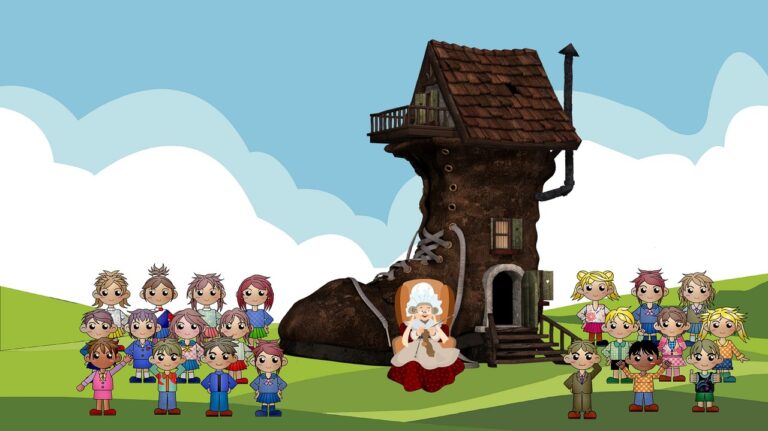The Role of Peer Mentorship Programs in Supporting First-Generation College Students
Peer mentorship programs have emerged as a valuable resource for supporting first-generation college students as they navigate the complexities of higher education. These programs provide a sense of belonging and community for students who may feel out of place or overwhelmed in unfamiliar academic environments. Through one-on-one interactions with more experienced peers, mentees are able to access guidance and advice tailored to their specific needs and challenges.
Furthermore, peer mentorship programs foster personal growth and development by promoting self-confidence and resilience in first-generation college students. By fostering a supportive and nurturing relationship with their mentors, students are encouraged to explore their academic and career aspirations with greater clarity and purpose. This sense of empowerment ultimately leads to increased retention rates and academic success among first-gen students participating in mentorship programs.
Challenges Faced by First-Generation College Students
Successfully navigating the higher education system can be a daunting task for first-generation college students. The lack of familial experience or knowledge about college applications, financial aid processes, and academic expectations can lead to feelings of uncertainty and confusion. These students often struggle to find the necessary support and resources to help them succeed in a system that may feel unfamiliar and overwhelming.
In addition, first-generation college students may face social and cultural challenges that their peers from more academically experienced backgrounds do not encounter. They may feel isolated or out of place in academic settings where they are surrounded by students who come from families with higher education backgrounds. This sense of imposter syndrome can impact their self-esteem and confidence, making it difficult for them to fully engage with their studies and campus community.
• Lack of familial experience or knowledge about college applications, financial aid processes, and academic expectations
• Difficulty finding necessary support and resources in an unfamiliar system
• Feeling isolated or out of place in academic settings surrounded by students from more academically experienced backgrounds
• Imposter syndrome impacting self-esteem and confidence
How Peer Mentorship Programs Help First-Generation College Students Navigate the Higher Education System
Navigating the higher education system can be a daunting task for first-generation college students, who may lack the necessary guidance and support in this unfamiliar territory. Peer mentorship programs play a crucial role in helping these students successfully maneuver through their academic journey. By pairing them with experienced peers who have already navigated the challenges of college life, first-generation students have access to valuable insights, advice, and encouragement that can make all the difference in their success.
Peer mentors not only provide practical assistance with academic planning and course selection, but they also offer emotional support and encouragement to help first-generation students overcome feelings of isolation and imposter syndrome. Through a peer mentorship program, first-generation college students are able to build a sense of belonging within the campus community and gain the confidence they need to thrive in their academic pursuits. Additionally, peer mentors can help students establish meaningful connections with faculty members, navigate social events, and access resources that are vital for their academic and personal development.
What are the benefits of peer mentorship programs for first-generation college students?
Peer mentorship programs provide guidance, support, and resources to help first-generation college students navigate the challenges of higher education. Mentors can offer personal insights and advice based on their own experiences, helping students feel more confident and connected on campus.
What are some common challenges faced by first-generation college students?
First-generation college students often face challenges such as navigating the unfamiliar college environment, managing academic workloads, balancing responsibilities, and accessing resources and support services. They may also struggle with imposter syndrome and feelings of isolation.
How do peer mentorship programs help first-generation college students navigate the higher education system?
Peer mentorship programs offer a supportive network of peers who can provide guidance, encouragement, and advice to first-generation college students. Mentors can help students navigate academic challenges, connect with resources on campus, and build a sense of belonging within the college community. By sharing their own experiences and insights, mentors can help students feel more empowered and confident in their academic journey.





